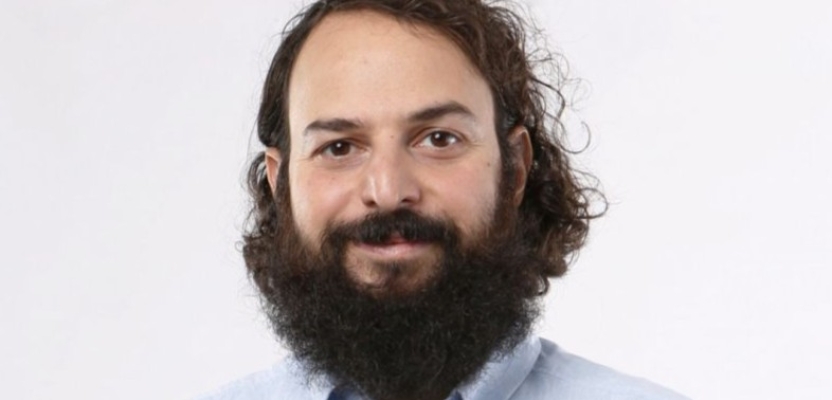With 20 years of experience leading innovative technology projects for companies like R/GA, Havas and Huge, teaching as adjunct professor at NYU and Parsons, and serving as jury president at the Cannes Lion International Festival of Creativity, Marc Maleh is a true creative renaissance man.
Currently serving as SVP of Emerging Technology and Connected Experiences at Valtech, we caught up with Marc to talk about his vision for the connected experiences of the future as well as his career background and how he got to where he is today.
Tell us a bit about your role! Is there a “typical” day?
Every day is different which is one of the main reasons why I love my job. I can spend the morning in a workshop with a luxury client brainstorming with them about GenAI and content. Then in the afternoon, I can speak with a Chief Innovation Officer about the implications of 3D technologies and rendering pipelines on their business.
My role has me looking at technology at the intersection of design, content, and experience rather than just from a pure infrastructure perspective. The majority of my time is spent working with my incredibly talented team on how technology can be used as an ingredient in all of our work.
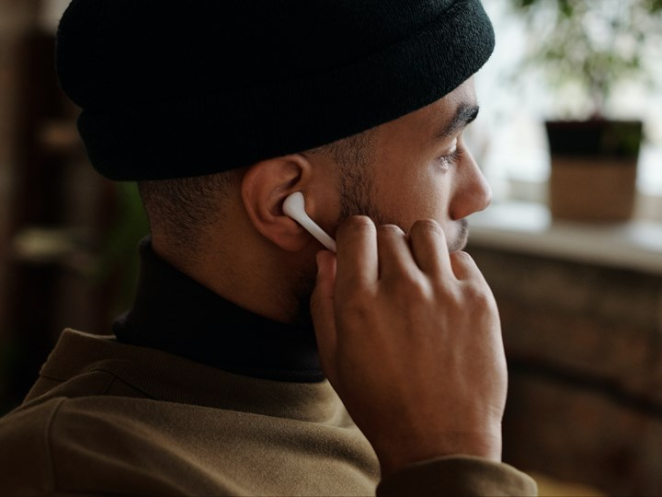
It’s also my responsibility to ensure that my teams are well equipped and have the necessary tools to do the best work of their lives and progress in their careers, so I spend a lot of time checking in with them to ensure this is the case.
What was the biggest challenge in getting to your current position?
I have been fortunate enough to work at some of the best agencies in the world like W+K, R/GA, Huge, and now Valtech but I also left the agency world and went brand side when I went to Crypto.com.
Returning to the agency world meant I had to work on getting that ‘agency muscle’ back - pitching constantly, changing ways of thinking based on the industry vertical and generally the different styles of working between agencies and client side.
Being brand side taught me a lot, especially around the appreciation for “your brand” - when you are on the client side you spend a lot of time thinking about how every action and decision will impact your brand and the risk profile that comes with it.
I have adopted the same mentality now in how I work with clients and encourage my team to do the same when it comes to their approach to client work. We succeed together but also fail together.
What is your personal background and what role did it play in your career?
I am a first generation American and when my parents came to the US, they did not have much. They took some risks when it came to work and business. I’ve found that I use a similar model around risk taking as them, especially when assessing areas of innovation.

We never want to take a risk for the sake of taking a risk or use technology for the sake of it, but we always strive to do work that has never been done before which inherently comes with some risk. I also inherited my dad’s work ethic which has driven me to where I am today.
What is your biggest career-related win? What is your biggest loss?
I think my biggest career related win was when I won a large experiential and data science project for the LA Dodgers. Granted, I am a Mets fan but getting a brief from a long standing storied franchise to help them win the World Series using data and technology was a personal career highlight.
The people I worked with at R/GA were some of the smartest and tightest knit groups I have ever worked with. On top of helping the Dodgers make it to the playoffs, it was also great to see that our hard work paid off as it won a bunch of design and innovation awards!
Rather than stating a specific loss that we have all experienced whether that be losing a pitch, key talent, or an account, I think the most challenging but necessary aspect of work is accountability. You are accountable for the team, quality of work, financials, and culture – you must be able to learn not only from the successes but more importantly from the failures.
Which individuals and/or agencies do you gain inspiration from? Do you have any heroes in the industry?
I just finished a class on emotional intelligence and leadership. During the class, I cited both Bob Greenberg from R/GA and Red Burns who was the founder of NYU’s ITP program where I went to grad school and met Bob. When I was doing my thesis at ITP, Red told me she hated anything to do with 3D and Bob pushed me to actually take the risk and move forward with my thesis anyway.
At the time this might have seemed like a small thing but the risk I took had a big influence on how I work and live now. Since then, the work I have taken on has always had a slight risk element. I think it’s always been about calculated risk. Bob also knew that my abilities in creative technologies were geared towards being a mentor and team leader who could humanize technology, which pushed me to where I am today.
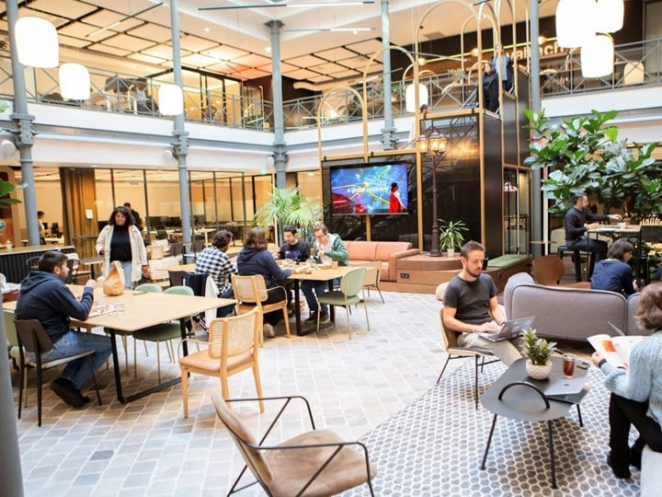
On a personal level, I also inspire my son to think similarly, whether that be on his skis in the woods or in his approach to his artwork or studies.
If you could go back to your teenage years, would you have done things differently? Do you have any regrets?
I think the two things I would have done differently are formally studying computer science at undergrad rather than teaching myself and going to grad school and studying abroad.
I am fortunate enough to have lived in Asia during my early career, but I think being immersed in the academic culture abroad would have been a great opportunity for my personal development. I encourage a lot of people I mentor to take international business and creative opportunities, especially at an age when you don’t have to consider kids, spouses, or aging parents.
If you weren’t in your current industry, what would you be doing?
As someone who lives near a ski resort and spends a lot of time in the mountains, I would probably work in the ski industry. Either that or open a tiny brewery near a mountain. My dad and I used to brew beer when I was a kid - I enjoy the process and science behind it but more importantly the tasting element!
What’s your one big dream for the future of the industry?
Currently, we are seeing a lot of consolidation in the industry with holding companies scooping up boutique shops left and right. At the same time, we are seeing agencies trying to position themselves as innovators in things like AI and GenAI via “product offerings” rather than as creatives and consultants who know how to use these technologies for the greater good of the brand’s business goals.
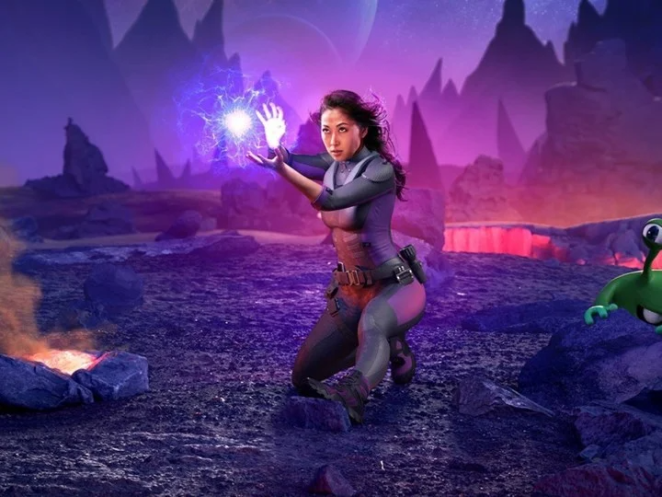
One of my main dreams is for creativity and innovation to act as a driving force behind things like content personalization, dynamic storytelling, and immersive experiences rather than technology being the driving force and ideas coming secondary.
What are your top tips for aspiring creative professionals?
Don’t be afraid of technology. Embrace it. Try it. Ask people about it and build something with it. Understand that it can and should be an ingredient to a great idea but does not always need to be the main ingredient.
What are your top tips for other creative leaders?
The world right now is a strange place - economically, culturally, and politically - and with the consolidation we are seeing in the industry and client briefs that are requiring more immediate results we should not lose sight of the people that make the work happen.
They need guidance, mentorship, and training, so it’s important to remember that great work happens when you have the right people who are passionate about what they do and feel supported in their role.
When you think about your team, what is the thing that matters to you the most?
A team member who is excited about a challenge and passionate about a brand, experience, or business challenge. I also believe that it is my role to provide any needed air cover.
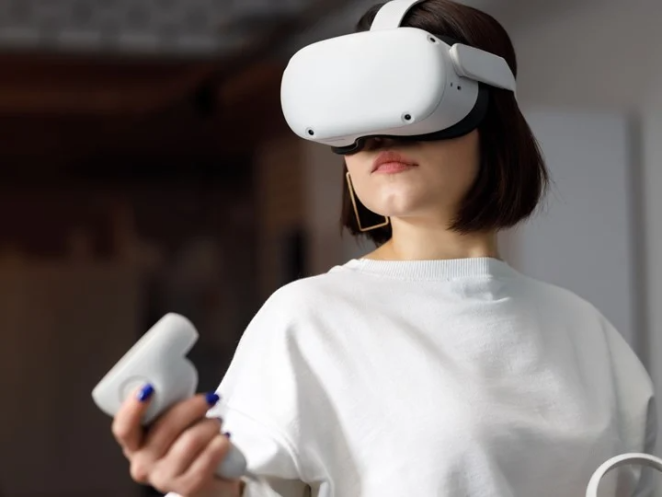
I often say to my team that a large part of my job is putting them first and always acting in their best interests and ensuring their voices and needs are heard while protecting them. To quote Tom Hanks from Saving Private Ryan “There's a chain of command. Gripes go up, not down. Always up.”
Do you have any websites, books or resources you would recommend?
I was recently recommended The Operating Partner by Darren Herman from Bain Capital and I have found that his stance on technology, design, and advertising is very insightful.
He approaches the book from a business perspective not just from a purely tech, innovation, or design point of view. He looks at new and emerging technologies differently than say an agency trade or technology blog would.

